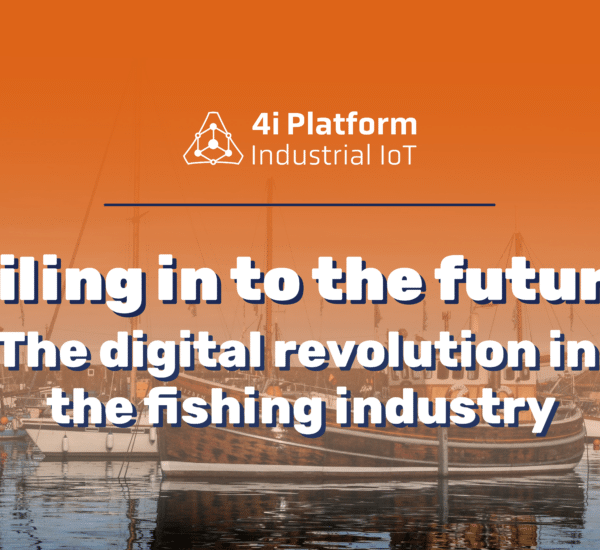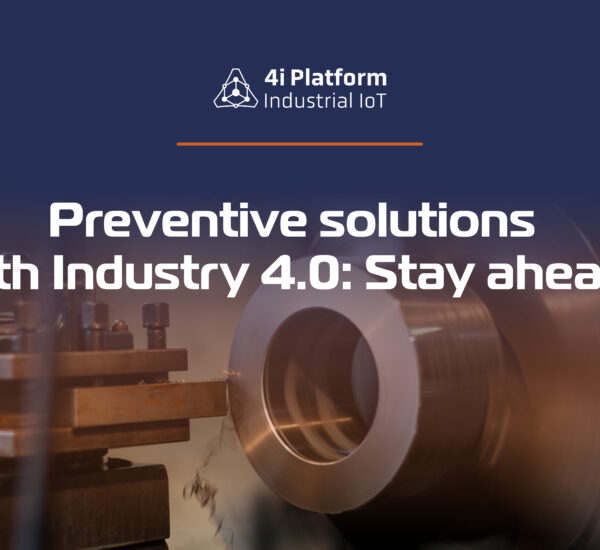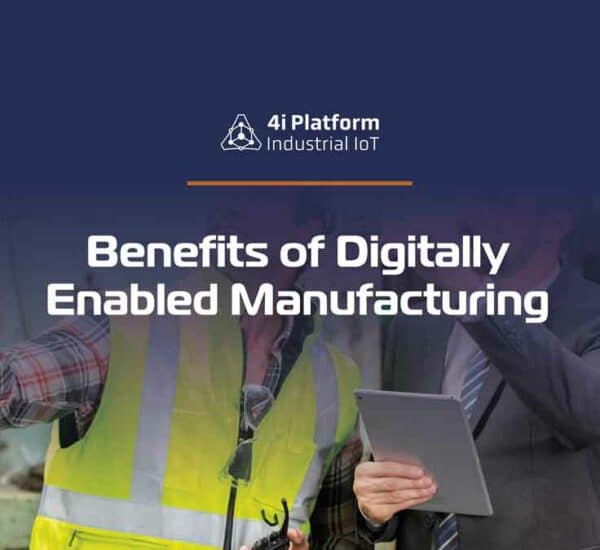The Internet of Things (IoT) has been a common buzzword for the last 20 years. Since its development, IoT devices are contributing to industries with several benefits, to the point that it is changing their game in the market.
According to IHS, the number of IoT capable or “connected” devices reached 30.7 billion the last year, and this number will increase to 75.4 billion by 2025. In this order, the USA predicts that the human population will increase to 8.2 billion in 2025, as a result, the number of devices will overcome humans 10 to 1.
This increase is a straight consequence of the endless possibilities that IoT has for daily life. From new technologies such as:
- Smart devices
- Smart sensors
- Cloud platforms
- Cloud-connected devices
- Wearables
- Self-driving cars
There are infinite possibilities where IoT can change the world, and these are just the tip of the iceberg. There is only 0.06% of all existing devices around the globe are capable of leveraging IoT.
This small number can be explained by looking at the current crop of IoT resolutions.
A handful of IoT benefits for businesses and manufacturers are provided towards companies and big corporations that can invest in innovation.
Nowadays, IoT devices are for people, manufacturers, businesses, homes, and small companies. Business owners, in particular, can benefit from combining IoT technology into their products or business procedures.
Some of the most relevant advantages for business are:
Drastically Improving Customer Experience
Once IoT devices are paired with business equipment and machinery, the processes become extraordinary due to their benefits for business capabilities, not only creates innovative opportunities but also improves the user experience.
In actuality, retail products such as cars and motorcycles can measure the length of the trip, traffic conditions and compute for combustible consumption.
Also, common doorbells can now announce who is knocking on the door, even if there is no one at home.
Something even more popular is refrigerators that now can know if it’s low on supplies.
In this way, businesses should take a look at their manufacturing process and products, and determine to get IoT advantages.
Some examples where IoT makes a big difference for business are:
- Logistic companies use tracking tags on their veiches to check it their workers are diligently while doing their job.
- Coffee shops use IoT devices to guarantee their customer preference by enabling tracking their preferred drinks and storing reward points.
In this way, any business can improve its operations and experience of customers by applying IoT devices and strategies.
Properly Collecting Data with IoT Devices
The benefits of IoT for business have provided companies the possibility to measure and collect valuable data that, once analyzed, can improve their services or products. For example:
- Restaurants use smart sensors to monitor the temperature of refrigerated food items (warm or cold).
- Farms can use IoT devices for the maintenance of the field conditions, such like heath, water levels, and humidity.
- Food delivery services uses GPS tracking devices to create a map and see which areas have the most number of deliveries.
Data collection is one of the IoT benefits for a company. This function offers important insights for any business.
Take as an example the data collected by the food delivery company using GPS trackers: This data does not only shows which locations have the most deliveries, but it also shows the sort of food that is constantly ordered in those areas.
In this way, this information can be a boost for restaurants and food companies. With IoT devices, it is possible to identify which area has the most clients and the variety of food this market consumes. This information creates an opportunity: marketing initiatives based on customers preferences data.
Reducing the Price of Labor
Many studies predict that, in the 4.0 era, by 2023 there will be a displacement of 75 million jobs due to artificial intelligence, robotics, automation, and IoT devices.
Nevertheless, this innovation will cause new specialized jobs with low-grade tasks. As a result, only menial, labor-intensive and repetitive jobs will be affected by this revolution.
Businesses can save on costs by anticipating this revolution and start to implement IoT devices in their processes. This action not only will cause a significant positive change in production, but also lower human labor.





